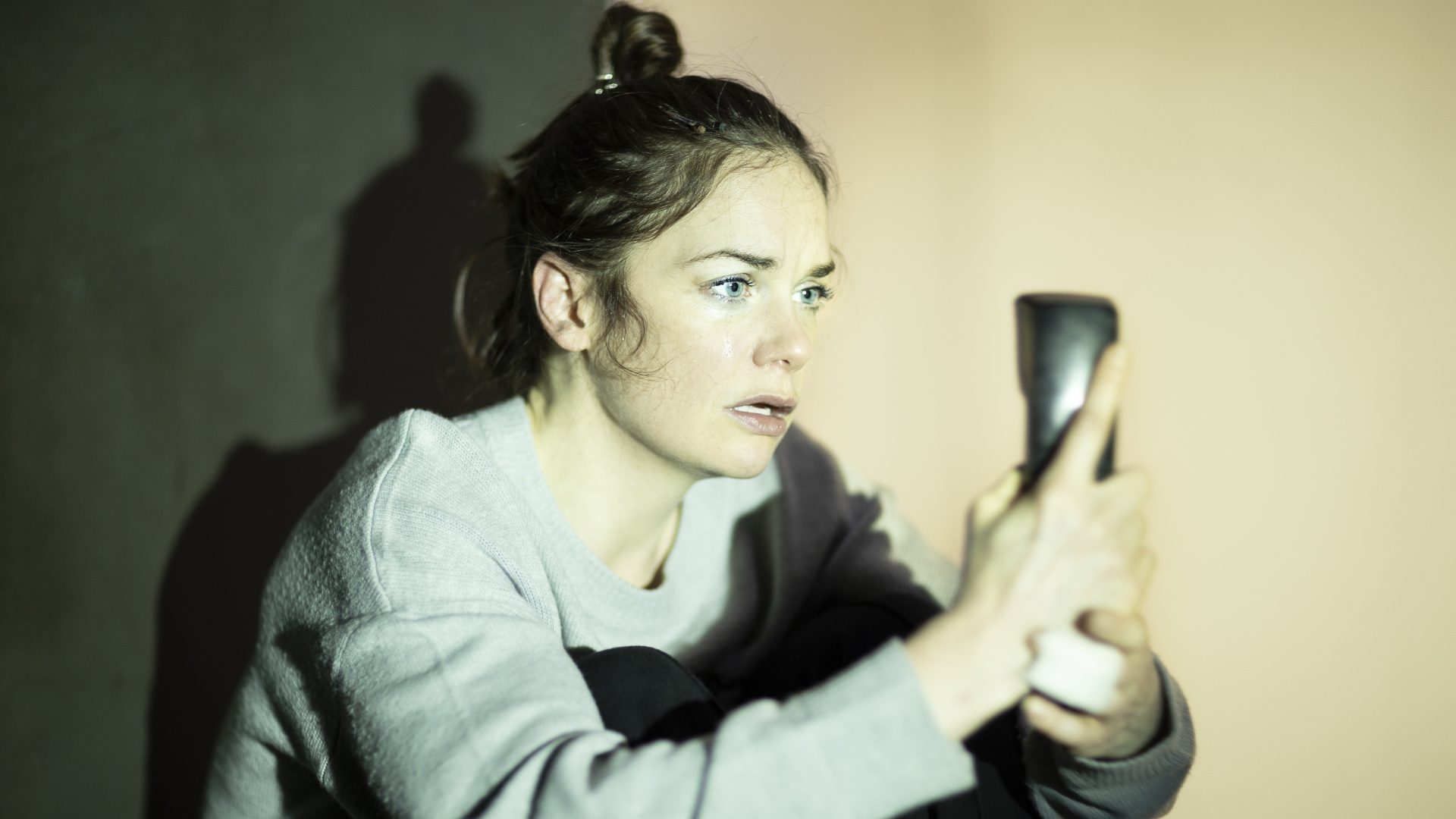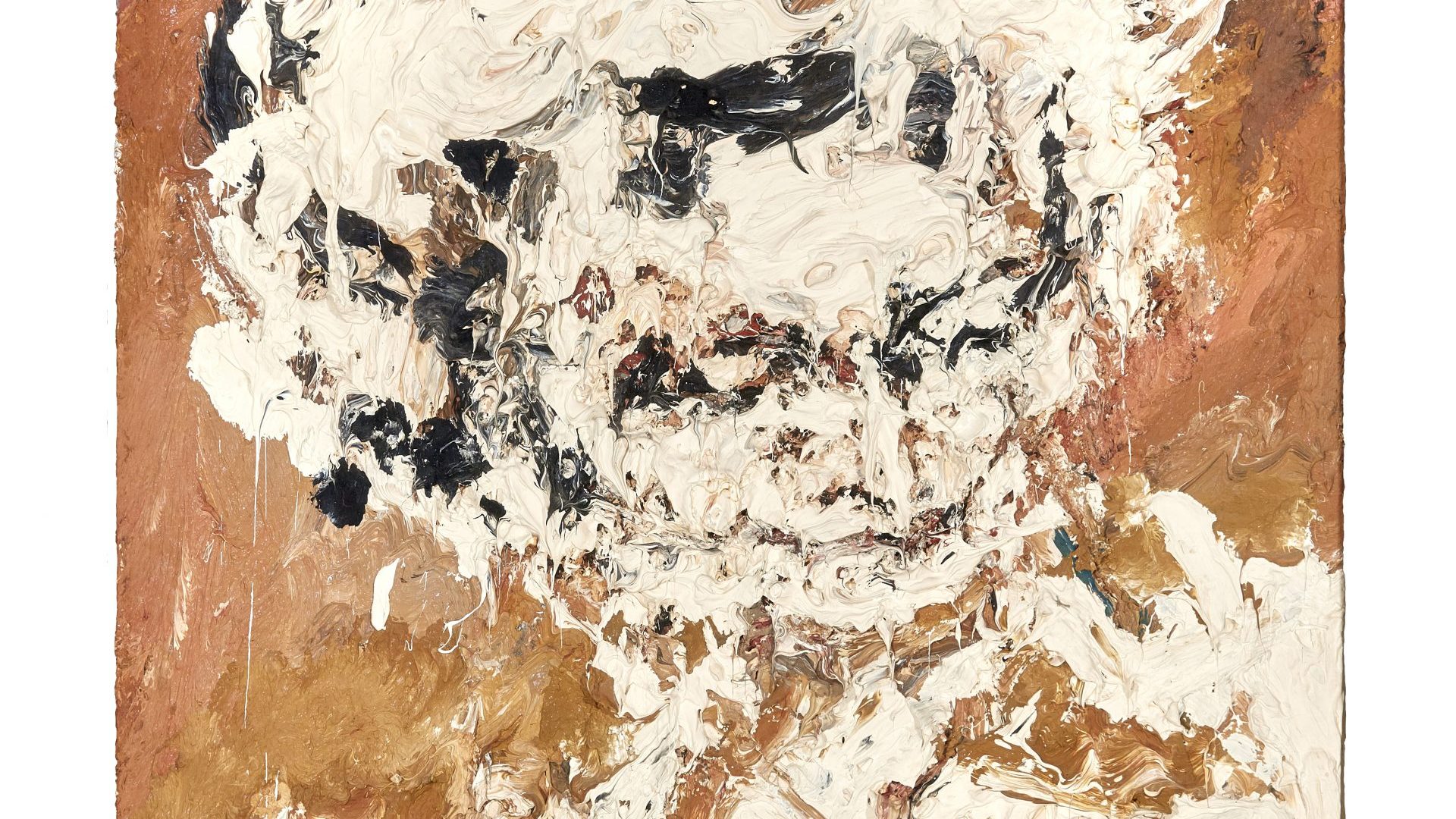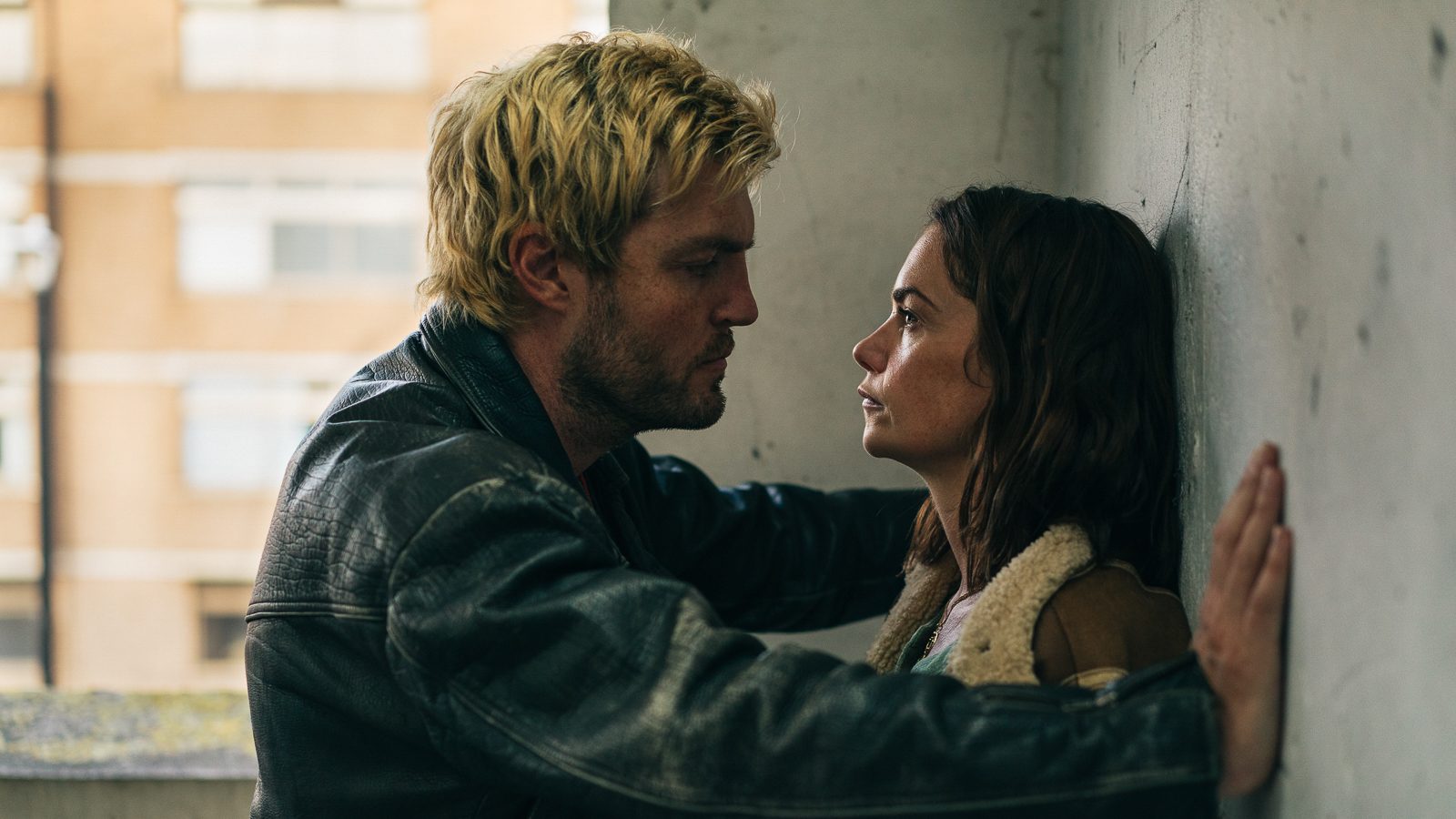The Human Voice
Harold Pinter Theatre, London, until April 9
The Harold Pinter Theatre is starting to acquire a reputation for putting on shows that are an awful lot of fun for the actors to do, a lot less fun for the punters who pay to see them. Some would no doubt say that is a legitimate
criticism of the playwright whose name this theatre commemorates.
After Ralph Fiennes bored for England in his solo show Four Quartets just before Christmas, now it’s Ruth Wilson’s turn in The Human Voice. Whether it’s on a bus, a train or on a stage, there is something peculiarly annoying about being compelled to hear what someone else is saying into a telephone.
Obviously, all the “yesses” and “noes” mean nothing whatsoever to everyone else, and, even though it’s now become a cliche, it always maddens when they inevitably feel the need to relate where they are, invariably just before heading into a tunnel, when they start up with the quizzical “hellos” and “are you theres?”
Telephone conversations are not great, either, from an actor’s point of view. They are at their best when they spark off a fellow actor and you can see the eye contact, which is not, of course, possible when one of them is alone on stage holding a telephone and there is no one at all at the other end of the line.
Still, there is what appears to be a single-minded determination in Ivo van Hove’s production to ensure that every single punter, for every single one of the 65 minutes it runs to, regrets with every single fibre of his or her being ever allowing themselves to be persuaded to part with cash for the privilege of seeing such a singularly boring piece of theatre.
I don’t of course dispute that Wilson – any more than I did with Fiennes – is a serious actor with a prodigious memory, but it’s the words once again that are the problem.
They began life in 1930 as a series of monologues by Jean Cocteau illuminating the agonies of a single woman going through a relationship break-up. To start with, Wilson can only be heard droning on, but, after a while, she appears on Jan Versweyveld’s set, an anguished figure behind a
claustrophobic rectangle of glass, trying to get an irritating woman off the line who is asking for a doctor. This will be a phenomenon unfamiliar to most mobile phone-using younger punters, who will have no knowledge of how telephonic communication was sometimes hampered by party lines and who might never have used a landline in any case.
The set I initially found troubling and distracting: it looks a bit like Wilson is at the bottom of a swimming pool to start with, but, after a while, she opens the sliding glass, and the sound of the traffic makes it clear she is in an apartment block, but I don’t understand why that had to be a mystery for so long.
It’s a short play, but my goodness it drags. At several points, even the director seems to accept that there is a limit to how much an audience can take and there are protracted bursts of music featuring Beyoncé and Radiohead.
One over-optimistic punter at the matinee performance I attended seemed to think one of the musical interludes signalled the end and started to clap, but no such luck. Soon the monologue was recommenced with what seemed like a newfound and vindictive sense of purpose. An old man behind me was snoring loudly by this point.
The theatre world is in a fragile state financially, with plays still periodically having to abandon performances because of the pandemic, and the sight of actors drafted in at the last moment and walking around reading from scripts is not uncommon.
Audiences are by and large understanding and willing the shows on, come what may, but in return for that the very least producers can do is to furnish them with fresh and stimulating new writing.




